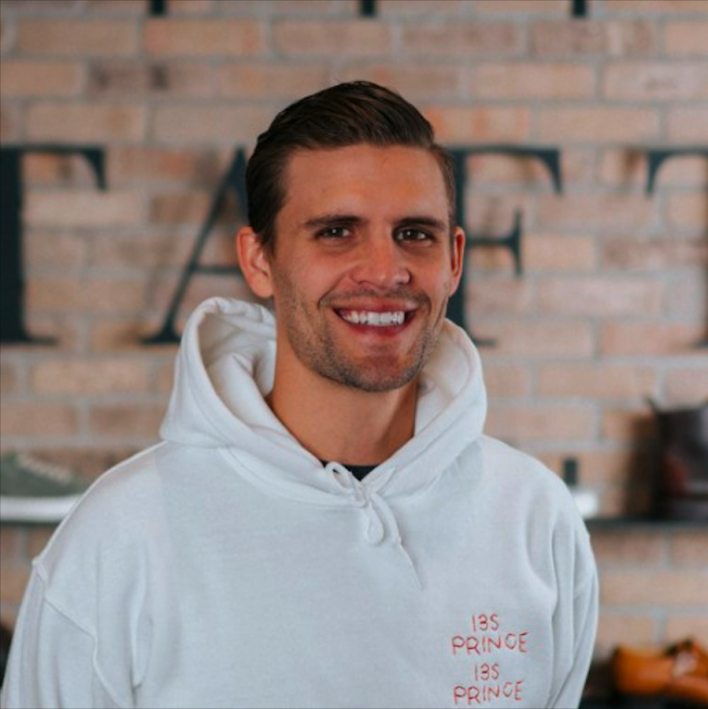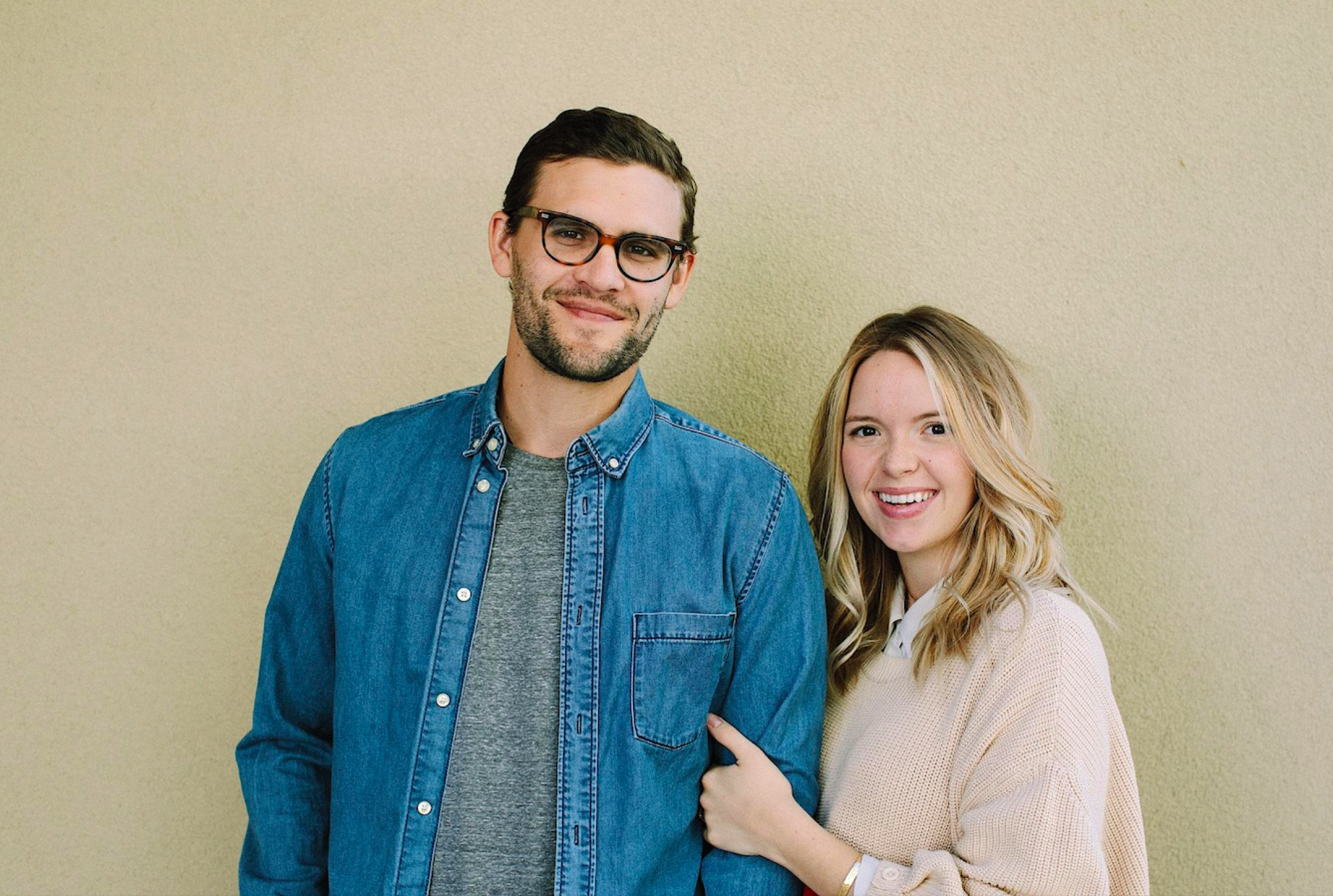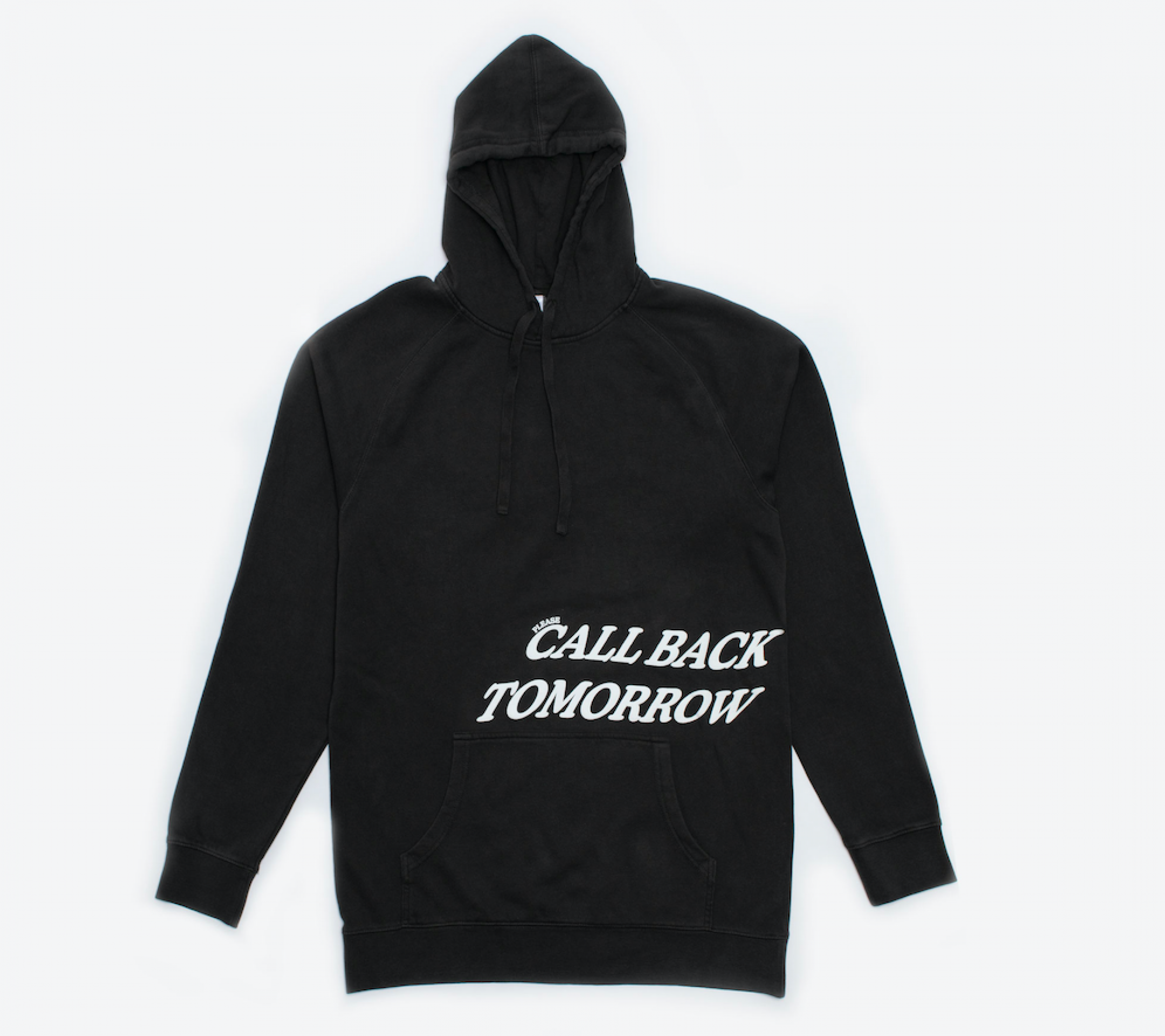Please Call Back Tomorrow: An Interview With Kory Stevens
We talked with Kory about his shoe company TAFT, and how running a business intersects with mental health.
Escrito por Made of Millions Team

01 In 2015, Kory and his wife founded TAFT, a men’s no-show sock brand.
02 While TAFT gained success, Kory privately dealt with mental health struggles, including a hospitalization.
03 Soon after being hospitalized, Kory decided to open up about his depression. He now continues to advocate for mental health in his business and online.
04 For World Mental Health day 2021, TAFT will be donating 10% of proceeds from their Please Call Back hoodie to Made of Millions while another 10% of all sales from the Take Care Of Yourself collection will be donated to Mental Health America.
Hi Kory. Thanks for making the time to chat with us! Tell us a bit about yourself and how you first started Taft.
My wife and I originally started TAFT right out of college on Kickstarter as a men’s no-show sock brand. Our friends and family thought we were crazy for turning down some serious post-grad jobs, but it felt right and we wanted to do it together. Luckily, our Kickstarter was funded and the brand started growing.
With the grit of dedicated social content creation efforts, our Instagram following grew from a few thousand to a few hundred thousand. It became evident we had a lot of loyal shoe lovers, so we started sampling shoes. We booked flights to Spain to tour factories (two weeks after our second child was born), and with a few notable mentions on social media and Reddit, we pre-launched TAFT shoes and sold out. That was in November 2015, and we’ve been pushing hard ever since.

What drew you to fashion? Have you always had a passion for it?
My mom always dressed up in cool clothes since we were kids, so my appreciation for fashion definitely came from her. When I got to high school, I started caring a lot about how I dressed — I even ended up winning Best Dressed my senior year. I studied linguistics in college and never intended on getting into fashion or footwear at all. I was honestly drawn to it because I saw an opportunity, but it has now turned into my passion.
You’ve been public about your mental health journey, in particular, your experiences with suicidal thoughts, self-harm, and depression. What motivates you to be so open?
I think it really comes down to two things for me. When someone is in so much pain inside, you have to share it in some way. It’s like when you see a great movie or listen to a great song, you want to share it. You tell your friends to watch it, or you send the song around to family members. I think the same thing that leads us to share movies and songs that we like is the same reason why I share about mental health — I just can’t be silent about it. I have so much inside and it helps me to get it out in some small, healthy ways. The second reason why I feel obligated to share is because of our audience and reach. Shoes are cool, but people are way cooler. Once we started getting thousands of followers on Instagram and other socials, I knew that I wanted to leverage that reach to advocate for mental health.
In 2019, you were admitted to a mental health hospital. Two weeks later, you accepted an entrepreneurial award. What did that juxtaposition feel like? How has running a business intersected with your wellness journey?
It was a very odd feeling. I kind of felt like I was pulling one over on everyone. The mental hospital and the location for the big fancy banquet were actually quite close in proximity. Just weeks before, I had turned left on the road to go to the hospital, and now, I found myself turning right to go to this fancy banquet. I was worried that it would really hinder my chances at winning, or that I would be “found out.” Thankfully, my transparency helped. I think that’s the case for everyone — being open and honest about your struggles is almost always a good thing.
To be honest, I started this business during a really tough time in my life. Despite the rush of starting a business, my mental health struggles have kept up with that pace. It’s part of my daily life and the entire TAFT team knows it. It affects how I hire, how I design, our HR policies, etc. Depression and anxiety are a big part of the DNA of this company, and that’s okay. It has turned this brand into a really safe, loving, comforting space for everyone involved, and I’m really proud of that.
This World Mental Health Day, Taft is launching the “Please Call Back” hoodie. Can you tell us about the idea behind this piece and why you think public advocacy is so important?
On my bad days, I just can’t pick up the phone, text, email, or do anything. Friends and family call me and they have no idea how I’m feeling. I watch the screen on my phone ring and ring, and then when it goes to voicemail, I don’t pick up. No hard feelings against my friends and family — I’m not ignoring them. I don’t not want to talk to them. I just can’t.
Please Call Back Tomorrow is my silent plea to all of those people. I love you and appreciate you calling. If I can’t pick up today, call me back tomorrow. And if I can’t talk tomorrow, maybe the next day I’ll be in a place where I can muster up the strength to pick up that phone.

I think this message is so important because it’s a signal to others that you can help them in some small way. Since I started publicly speaking up about mental health, I have gotten countless texts, calls and emails from all sorts of people reaching out because they need help and know I’m a safe place for them. In those tough times, people often seek help from unexpected sources, and you can be that for people.
What advice would you give to other entrepreneurs trying to balance professional success with personal struggle?
For me, the biggest things have been avoiding comparison and being patient. Patient with myself, my progress and my situation. Patient with how much money I make and how I am growing. Sometimes, just surviving and making it to tomorrow is the best thing you can do. Comparing myself or my business to others always leaves me feeling bad. If you can be patient with yourself and stop comparing yourself to others, then you will feel just a little bit better. Learning to be present in this moment is key.
<>
In honor of World Mental Health Day 2021, 10% of the proceeds from the Please Call Back Tomorrow Collection will be donated to Made of Millions while another 10% of all sales from the Take Care Of Yourself collection will be donated to Mental Health America. Click here to place an order.
Apoya nuestro trabajo
Nuestra misión es cambiar la manera en que el mundo percibe la salud mental.



















